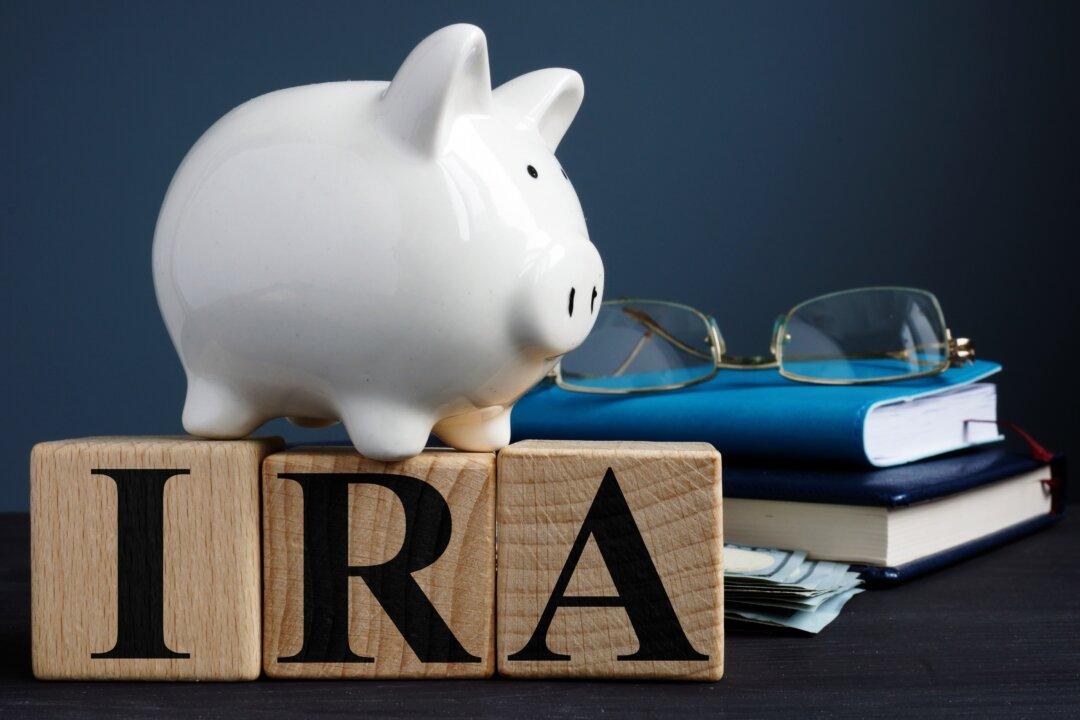Pop quiz. What’s the greatest wealth-building tool?
Dave Ramsey says it’s income, while Daniel Mollat wrote a book entitled, “Stock Options: The Greatest Wealth Building Tool Ever Invented.”

Pop quiz. What’s the greatest wealth-building tool?
Dave Ramsey says it’s income, while Daniel Mollat wrote a book entitled, “Stock Options: The Greatest Wealth Building Tool Ever Invented.”